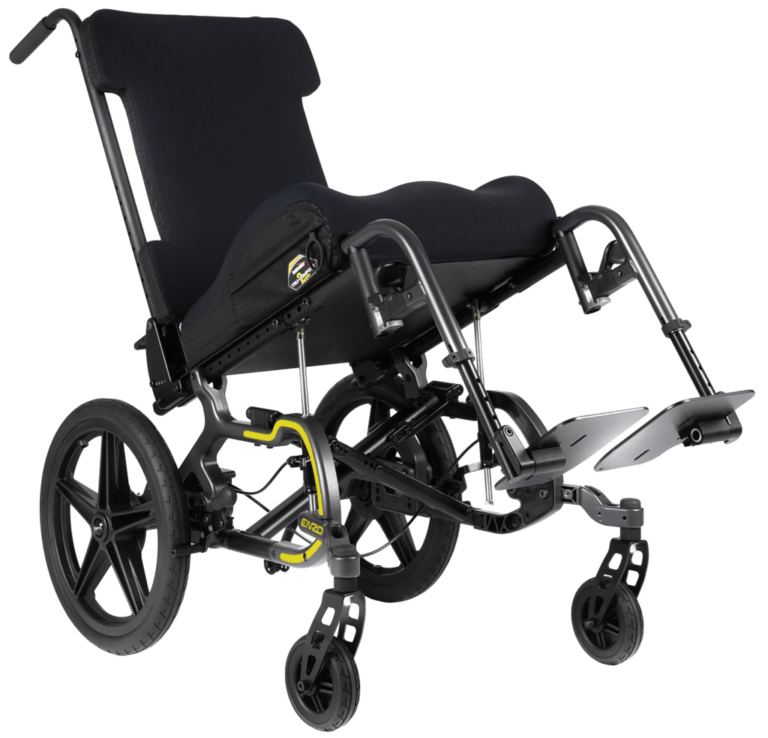
Living with chronic conditions can present various challenges, especially when it comes to mobility. However, with the right strategies and mindset, individuals can effectively manage these challenges and lead fulfilling lives. Here’s a closer look at some key aspects of managing mobility issues with grace:
Understanding Chronic Conditions and Mobility Challenges
Living with chronic conditions such as arthritis, multiple sclerosis, or spinal cord injuries can significantly impact mobility. These conditions may cause pain, weakness, stiffness, or limitations in movement, making it challenging to perform everyday tasks or engage in activities independently.
Adopting a Positive Mindset
Maintaining a positive mindset is crucial when facing mobility challenges. While it’s natural to feel frustrated or discouraged at times, focusing on what can be done rather than dwelling on limitations can empower individuals to overcome obstacles and find innovative solutions. Discover how Manual Wheelchairs and Strollers offer practical solutions for managing mobility challenges with grace.
Seeking Support and Resources
Seeking support from healthcare professionals, support groups, or online communities can provide valuable guidance and encouragement. Healthcare professionals can offer personalized treatment plans, assistive devices, or therapies to improve mobility and enhance quality of life.
Embracing Adaptive Strategies
Adaptive strategies involve modifying the environment or using assistive devices to accommodate mobility challenges. This may include installing grab bars in the bathroom, using mobility aids like walkers or scooters, or making adjustments to home layouts for accessibility.
Prioritizing Self-Care and Wellness
Self-care is essential for managing chronic conditions and maintaining overall well-being. This includes getting regular exercise, eating a balanced diet, managing stress, and prioritizing adequate rest. Engaging in activities that bring joy and fulfillment can also boost mental and emotional health.
Maintaining Independence and Autonomy
Maintaining independence and autonomy is essential for preserving a sense of identity and dignity. While it’s okay to ask for help when needed, finding ways to remain as self-sufficient as possible can enhance confidence and self-esteem.
Adapting Daily Routines for Enhanced Mobility
Modifying daily routines is crucial for managing mobility challenges while maintaining a sense of independence. This can involve simplifying tasks, arranging frequently used items within easy reach, and utilizing mobility aids such as canes, walkers, or wheelchairs. Planning activities during peak energy times and incorporating rest periods can help conserve energy throughout the day. These adjustments reduce strain and prevent overexertion, making it easier to navigate through daily life.
Physical Therapy and Exercise for Mobility Maintenance
Staying physically active is vital for individuals with chronic conditions, as regular movement helps maintain muscle strength and flexibility. Physical therapy tailored to individual needs can be instrumental in managing symptoms. Exercises that focus on balance, strength, and flexibility can improve mobility and prevent falls. Engaging in low-impact activities such as swimming, yoga, or walking can also enhance endurance while being gentle on joints and muscles.
Emotional Resilience and Support Networks
Living with a chronic condition can be emotionally challenging. Building a support network of family, friends, and healthcare professionals can make a significant difference. Emotional well-being is just as important as physical health, and managing stress through mindfulness, therapy, or support groups can provide emotional resilience when coping with mobility limitations.
Conclusion
Living with chronic conditions and managing mobility challenges requires resilience, adaptability, and support. By adopting a positive mindset, seeking resources and assistance, embracing adaptive strategies, prioritizing self-care, and maintaining independence, individuals can navigate their journey with grace and resilience.
FAQs
- How can I maintain independence while living with a chronic condition affecting mobility?
You can maintain independence by adopting adaptive strategies, using assistive devices, seeking support from healthcare professionals, and prioritizing self-care.
- What types of adaptive strategies can help me manage mobility challenges gracefully?
Adaptive strategies may include modifying your environment for accessibility, using mobility aids like walkers or scooters, and finding alternative ways to perform daily tasks.
- Where can I find support and resources for managing chronic conditions and mobility challenges?
You can find support and resources from healthcare professionals, support groups, online communities, and organizations specializing in chronic conditions and mobility issues.
- How important is it to maintain a positive mindset when facing mobility challenges due to chronic conditions?
Maintaining a positive mindset is crucial for resilience and well-being. It can help you navigate challenges, stay motivated, and focus on finding solutions rather than dwelling on limitations.
- What are some self-care practices that can help me manage mobility challenges and chronic conditions effectively?
Self-care practices such as regular exercise, balanced nutrition, stress management, adequate rest, and engaging in activities you enjoy can promote overall health and well-being while managing chronic conditions.